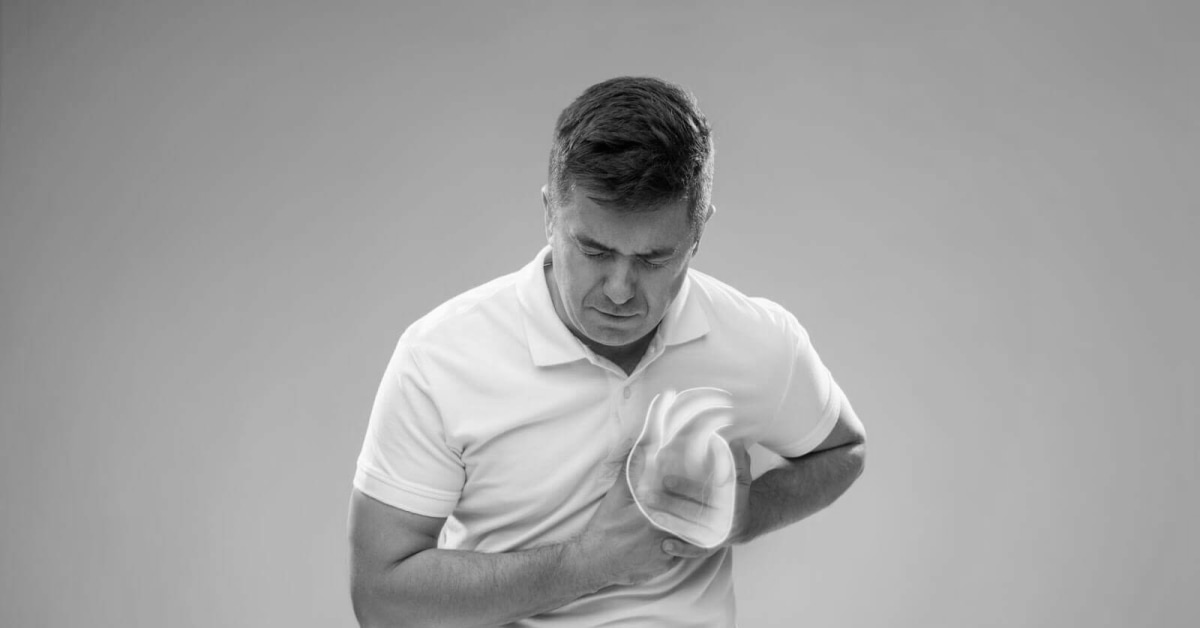
A heart attack, also known as a myocardial infarction, is a serious and potentially life-threatening medical emergency that occurs when there is a sudden blockage in one or more of the coronary arteries. The coronary arteries are responsible for supplying oxygen-rich blood to the heart, and when they become blocked, the heart muscle is deprived of oxygen and begins to die.
Despite advancements in medical technology and treatment options, heart attacks continue to be one of the leading causes of death worldwide. Every year, millions of people suffer from heart attacks, and it is crucial to be informed about the emergency treatment options available in case of such an event.
In this article, we will discuss everything you need to know about emergency treatment for a heart attack. From recognizing the signs and symptoms to understanding the different treatment options, we will cover it all. Whether you are someone who has a history of heart disease or someone who wants to be prepared in case of an emergency, this article is for you.
So, let’s dive into the world of emergency treatment for a heart attack and equip ourselves with the knowledge that could save a life.
In this article, we will cover everything you need to know about emergency treatment for a heart attack. This information is crucial for those searching for ways to improve their heart health and prevent serious conditions such as heart disease, heart attacks, and strokes. We will also touch on risk factors and preventative measures to avoid developing cardiovascular diseases.
Firstly, it is important to understand the signs and symptoms of a heart attack. These may include chest pain or discomfort, shortness of breath, nausea or vomiting, dizziness, and pain or discomfort in other areas of the upper body such as the arms, back, neck, or jaw. If you experience any of these symptoms, it is important to seek medical attention immediately.
In terms of emergency treatment for a heart attack, time is of the essence. The sooner treatment is received, the better the chances are for survival and minimizing damage to the heart. Emergency responders will typically administer aspirin and nitroglycerin to help open up the blocked arteries and improve blood flow. In some cases, a procedure called angioplasty may be performed to open up the blocked artery and restore blood flow to the heart.
Now, let’s discuss ways to prevent cardiovascular diseases. Maintaining a healthy lifestyle is key to preventing heart disease and heart attacks. This includes regular exercise, a healthy diet, managing stress levels, quitting smoking, and limiting alcohol consumption. It is also important to monitor and manage any existing conditions such as high blood pressure, high cholesterol, and diabetes.
In conclusion, knowing the signs and symptoms of a heart attack and seeking emergency treatment as soon as possible is crucial for survival and minimizing damage to the heart. Additionally, maintaining a healthy lifestyle and managing existing health conditions can greatly reduce the risk of developing cardiovascular diseases. By taking these preventative measures, you can improve your heart health and reduce the chances of experiencing a heart attack.
Understanding Risk Factors for Cardiovascular Diseases
There are several risk factors that can increase your chances of developing cardiovascular diseases. These include:
- High blood pressure: also known as hypertension, this condition puts extra strain on your heart and blood vessels, increasing the risk of a heart attack.
- Smoking: cigarettes contain harmful chemicals that can damage your blood vessels and increase the risk of a heart attack.
- Obesity: carrying excess weight puts additional stress on the heart and can lead to other health conditions that increase the risk of a heart attack.
- Diabetes: uncontrolled high blood sugar levels can damage the blood vessels and increase the risk of a heart attack.
- Lack of physical activity: being physically inactive can lead to weight gain, high blood pressure, and other risk factors for heart disease.
By understanding these risk factors and taking preventative measures such as regular exercise, a healthy diet, stress management, and avoiding smoking and excessive alcohol consumption, you can greatly reduce your chances of developing cardiovascular diseases.